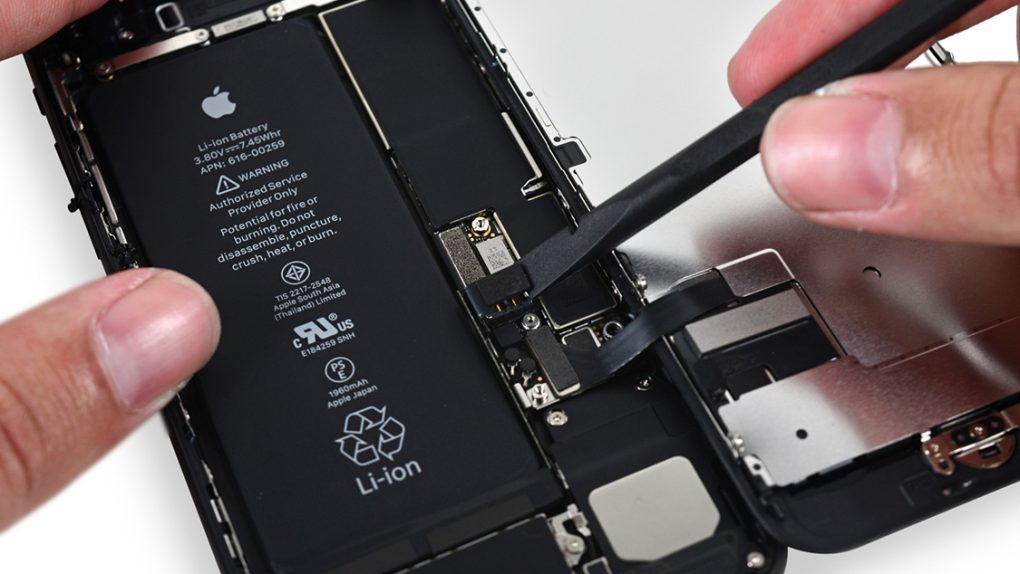The iPhone 8, iPhone 7s Plus, and iPhone 7s will be faster than ever thanks to their 10nm A11 chips, and we already have benchmarks for such a mobile processor from Apple to prove it. But there’s one other critical iPhone component that’ll help out with performance, and a new report suggests that this particular part is the real reason Apple was forced to delay.
It’s no secret that Apple pays a lot of attention to storage performance on its iOS devices, having created its own controller to manage the flash memory inside iPhones and iPads. A new report says that this year’s iPhones might get even better memory than last year’s iPhone 7 and 7 Plus, although storage also appears to be a cause of concern for Apple.
The iPhone 8 is already expected to see launch delays caused by sophisticated components that might be harder to make, including the new display and 3D depth sensor of the camera. Sources told Digitimes that Apple is also dealing with NAND issues at the moment, which forced it to reach out to Samsung for extra supply.
While the complexity of the in-screen fingerprint scanner was initially believed to the cause of Apple’s iPhone 8 delay, recent reports have suggested that the phone won’t actually include a fingerprint scanner at all.
SK Hynix and Toshiba are the two companies making 3D NAND chips for the iPhone 8, but they are apparently experiencing yield issues. The overall supply of NAND modules for the 2017 iPhones has fallen short of demand by as much as 30%, the report notes.
Samsung, meanwhile, has a relatively stable yield of 3D NAND chips and scaled up storage production. This could explain why Apple would be interested in securing a deal for the iPhone 8 and iPhone 7s phones.
Digitimes also adds that Samsung, Toshiba, and Micron are moving to 64-layer 3D NAND flash products, while SK Hynix is moving to 72-layer chips. It’s unclear at this time whether the iPhone 8 and iPhone 7s will pack 64-layer memory or 48-layer 3D NAND chips like the iPhone 7.
A recent report said that Apple’s aggressive flash storage orders could affect other smartphone makers this year, which are bulking up on RAM and storage chips just to make sure they won’t have to deal with upcoming shortages.








